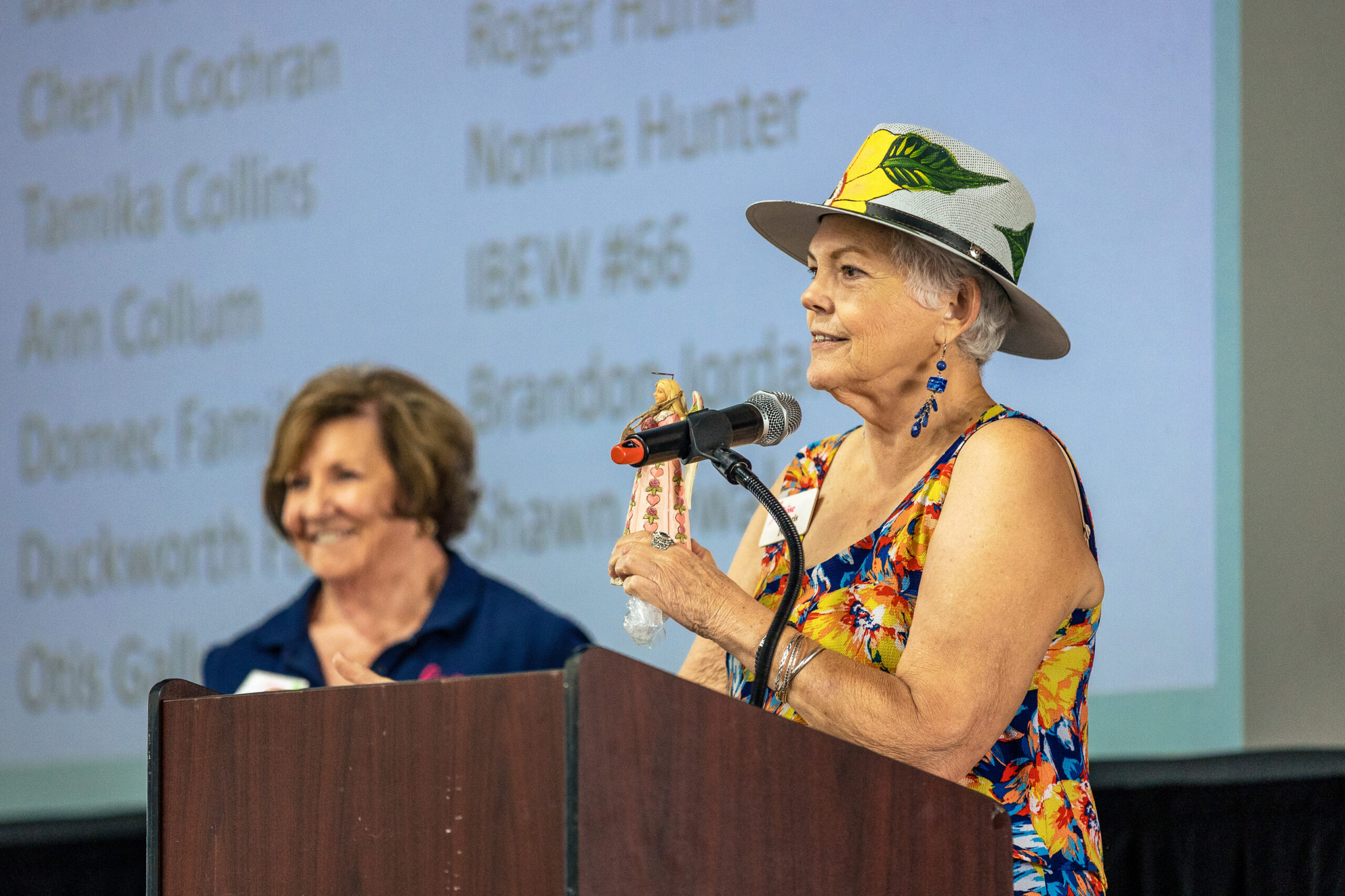Chris Noble retired and embarked on every retiree’s dream. She traveled the world and had a blast.
But then she got bored.
So she got involved with The Rose and formed lifelong friendships. All while advocating for breast health in the Black community.




